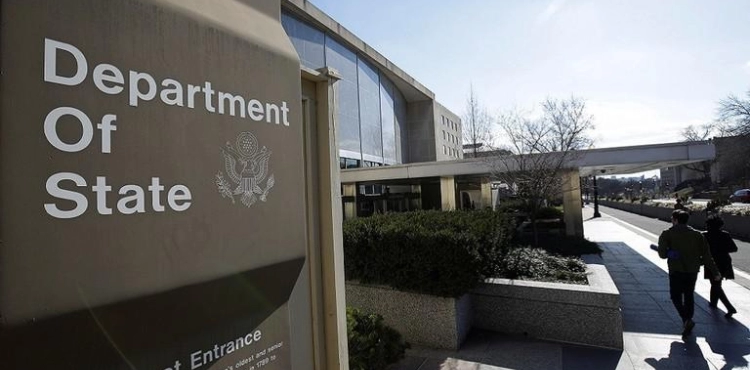US diplomats have pressed hard since last year on German and Irish lawmakers and officials in the German capital, Berlin and the Irish capital Dublin, to oppose and cancel "draft resolutions" to boycott Israel or Jewish settlements in the occupied West Bank, according to US officials. A report by the US State Department to the US Congress last week.
The State Department´s report, unveiled by the Jewish Telegraph Agency on Monday, September 16, 2019, details the actions taken by US diplomats to oppose the BDS against Israel in accordance with the 2015 (US) law that imposes Such periodic reports to Congress.
According to the report, US diplomats met with senior government officials and party leaders in Ireland and "strongly urged them to abandon their support" for a bill aimed at imposing sanctions on the importation of goods from settlements in the occupied West Bank.
The first reading of the project (in Ireland) was approved in January, but did not fully complete the legislative process. The State Department memo says it is not clear whether the measure will move forward. According to the report, Ireland´s Foreign Minister and Deputy Prime Minister, Simon Coffini, oppose the bill because it "fears that it will limit Irish influence in the region."
In Germany, a US State Department report indicates that the German Federal Court last year rejected an Israeli lawsuit against Kuwait Airways because it did not allow an Israeli passenger to travel aboard its plane.
After the verdict, the report said: "The (US) embassy in Berlin met with senior German officials to express their concern," adding that the US embassy in Berlin "routinely communicates with German officials, as well as federal and state lawmakers, regarding Israel and Jewish life. "
The report states that the German parliament then passed a resolution describing the BDS as an anti-Semitic movement.
The US federal government, state governments, and legislative bodies at the national and local levels are focusing on enforcing laws to criminalize the BDS movement, but in return, activists, civil rights organizations, and the First Amendment to the US Constitution have filed several cases. State-level courts have succeeded in repealing those laws in Arizona, Texas and Kansas, while dozens of cases are on trial in many courts across many states.












